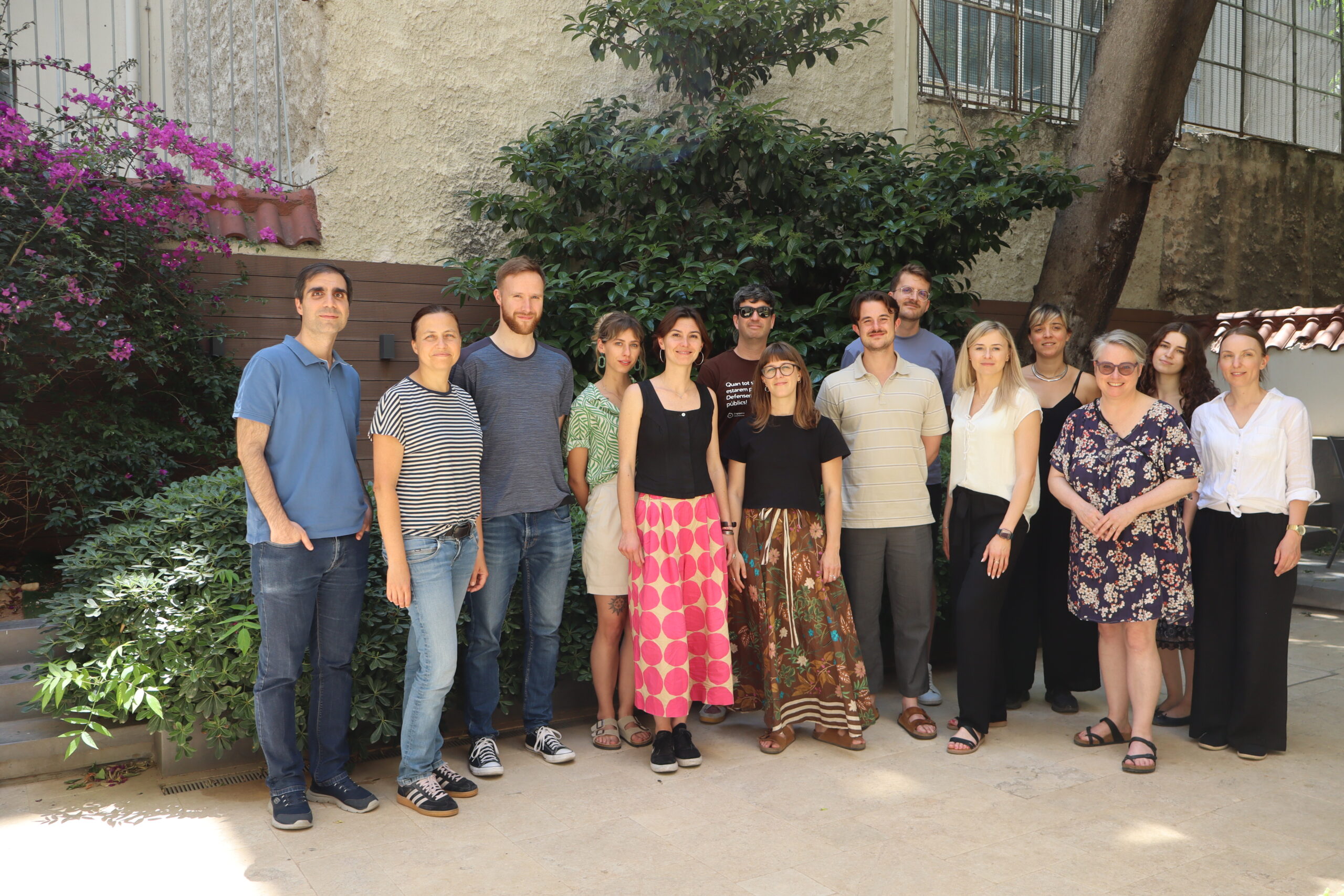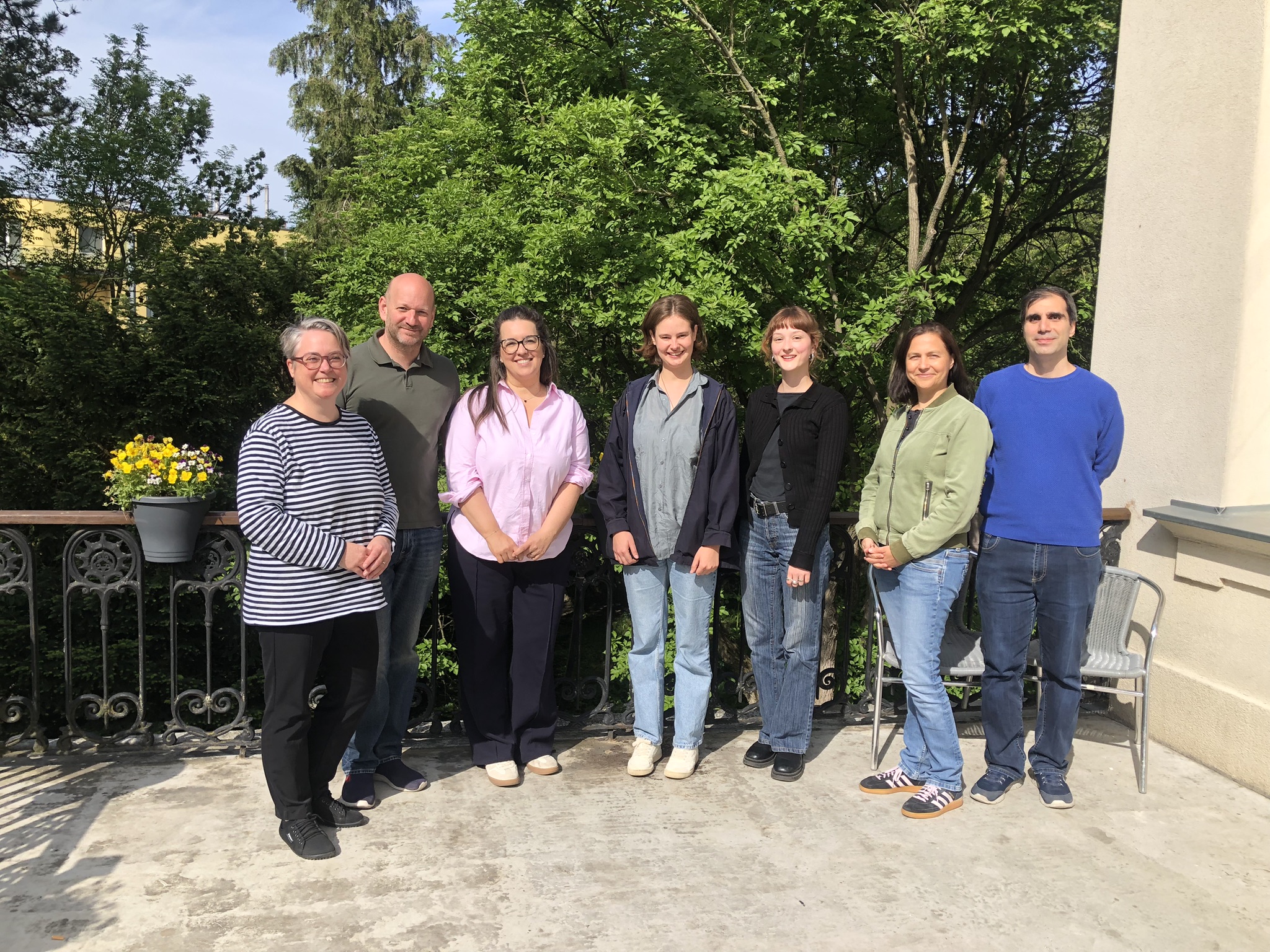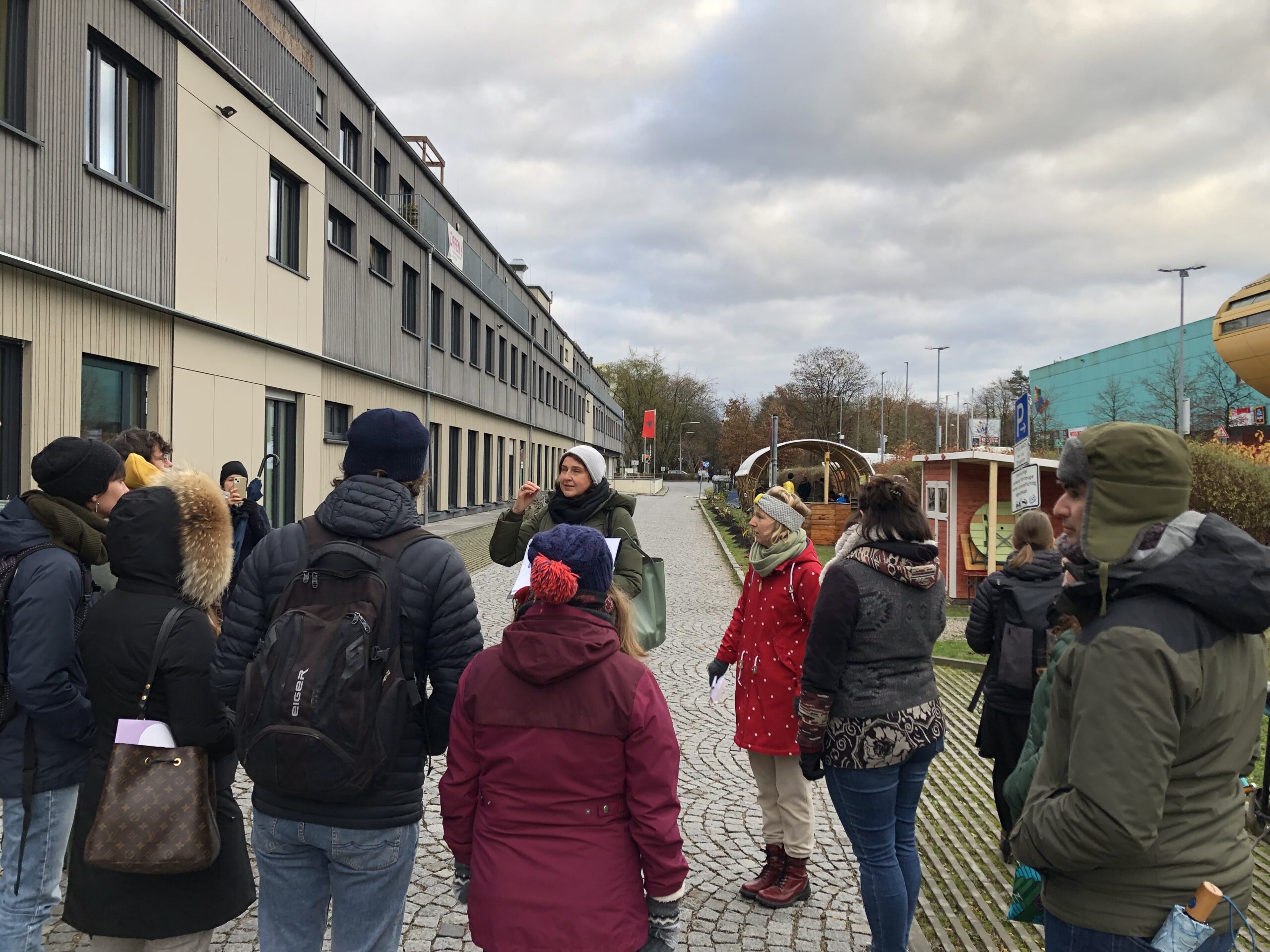In recent years, energy poverty has increased in Europe due to several crises, such as the post-pandemic economic crisis, geopolitical tensions or extreme weather events affecting energy markets. While rising energy prices and general inflation expose households more to energy poverty, other causes of energy poverty, such as poor energy efficiency of buildings or systemic and structural income inequalities, also need to be considered and addressed. In response to the recent crises, the EU has introduced various policies and programs such as the Green Deal, the European Energy Performance of Buildings Directive (EPBD) and the Energy Efficiency Directive (EED) to reduce dependence on fossil fuels, save energy, expand renewable energy and tackle energy poverty through medium and long-term measures. However, measures that fully recognize social and gender equity in energy poverty and harness the potential of community-led initiatives have yet to be developed.
Energy poverty is a multi-faceted challenge in which income, energy prices, energy efficiency of buildings, geographical and contextual factors interact and result in a household being unable to meet its energy needs, particularly for lighting, cooling or heating the home. Although there is consensus that low income, high prices and low energy efficiency are the main causes of energy poverty, a broader view of the phenomenon shows that in the current European context there is an urgent need to address the low quality of the building stock, dependence on fossil fuels and so-called lock-in effects as well as systemic and structural inequalities in order to provide sustainable and long-term solutions to energy poverty. In this sense, and in line with current EU objectives, it is essential to include a social (and gender) dimension in the fight against energy poverty.
GENDER4POwer will cover various areas of action to combat energy poverty, including:
Provide participation and financing strategies developed together with vulnerable groups, as well as policy insights and recommendations for national and European contexts, with the aim of scaling up and accelerating proven and established models.
Analysis of the challenges and potentials of energy communities and other citizen-led initiatives in combating energy poverty and the examination of existing and potential financing models with regard to their consideration of gender and social justice.
Working directly with people experiencing energy poverty through the involvement of citizen or community-led initiatives in six (6) pilot sites (demonstrators) across Europe. This approach enables the identification of community-specific energy needs and the development of tailor-made solutions that are likely to be more effective. It also empowers citizens to strengthen their communities, create mutual understanding in dealing with their own energy poverty and learn from each other.
Strengthening the capacity of local actors to implement structural and targeted measures to reduce energy poverty through: 1) access to renewable energy with a decentralized and community-based approach; 2) the implementation of small, specific energy efficiency measures and behavioral changes; and 3) the planning and implementation of comprehensive renovations.
Improve the capacity of stakeholders and different actors involved in tackling energy poverty on the ground (including local authorities, energy suppliers, energy communities and civil society organizations) to act constructively and improve ongoing processes.
Develop timely, clear and transparent information campaigns to engage and raise awareness among local communities, municipalities and regional authorities as well as wider civil society.
The project focuses on combating energy poverty through three central themes:
- Access,
- Affordability and
- Energy efficiency.
Pilot sites in six countries are taking these aspects into account when testing solutions related to renewable energy production and distribution as well as building renovation. Renewable energy, particularly through community-led initiatives, has the potential to reduce energy poverty by improving access, affordability and decentralization while providing environmental and health benefits. Similarly, the renovation of buildings, both small and large scale, is crucial to tackling energy poverty as it addresses issues such as inadequate insulation and outdated heating and cooling systems. Citizen-led initiatives, such as energy communities, can actively integrate energy efficient renovations into their activities and work with local governments to develop initiatives that consistently address the needs and preferences of community members.
Austria | Schweizer Haus Hadersdorf (SHH) (Vienna):
B-NK will coordinate the pilot site Schweizer Haus Hadersdorf (SHH), a non-profit inpatient and outpatient treatment facility for addiction in Vienna. The SHH aims to help people suffering from addiction on their way to a stable, self-determined life through short to medium-term therapies, medical-psychiatric treatment and social work support. Thanks to its proximity to the city of Vienna and easy accessibility, clients remain integrated; visits and excursions promote contact with family and friends.
The SHH target group is often at risk of energy poverty, as many of the clients come from socio-economically disadvantaged backgrounds and have difficulties financing adequate housing. This group is also one of the most difficult target groups to reach.
A decentralized branch of the SHH, the Health Greisslerei facility, is an outpatient therapy facility for addictions that is run by women and specifically supports women who have problems with alcohol or illegal substance use. The GENDER4POwer measures will focus on this facility.
Goals:
- Establishment of a social and solidarity-based energy community on the SHH site with the aim of actively involving and integrating vulnerable user groups (SHH patients), based on the Austrian Renewable Energy Expansion Act 2021.
- Implementation of gender-sensitive capacity-building measures that address the cross-cutting issues of energy-saving advice and social support services (energy advisors, social workers, health personnel and their stakeholders).
Focus areas:
- Strengthening and involving vulnerable groups: Promoting energy literacy and awareness.
- Building a social energy community based on solidarity.
More about the program: https://cinea.ec.europa.eu/programmes/life_en





